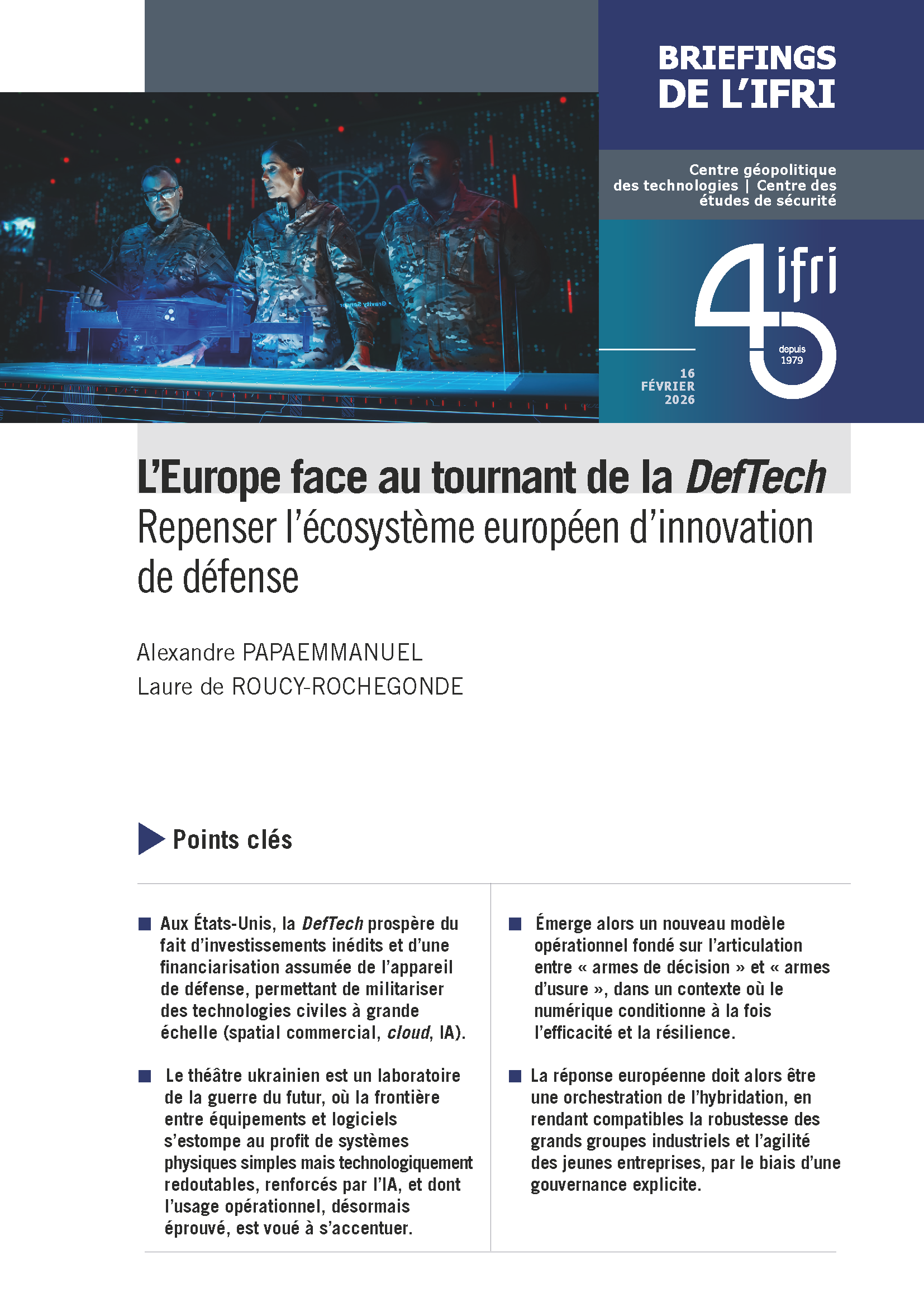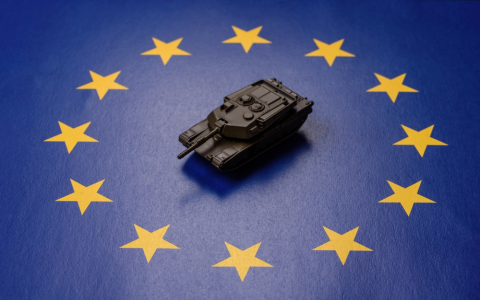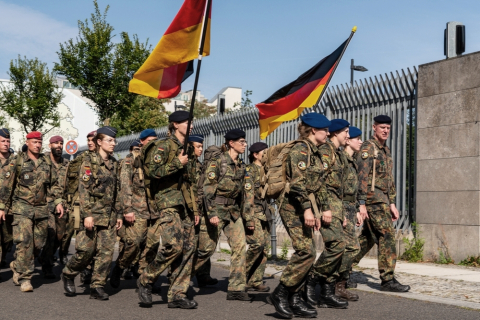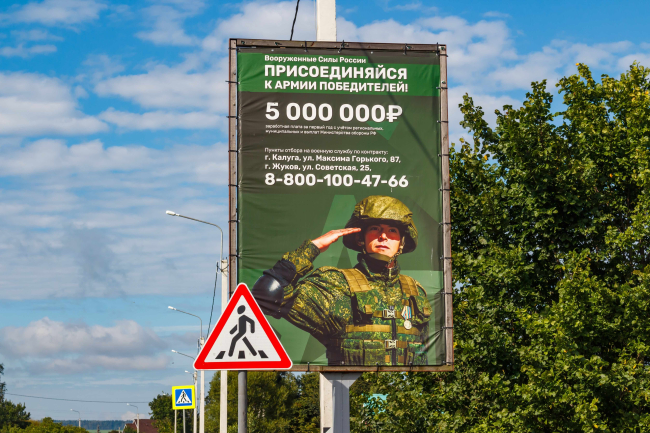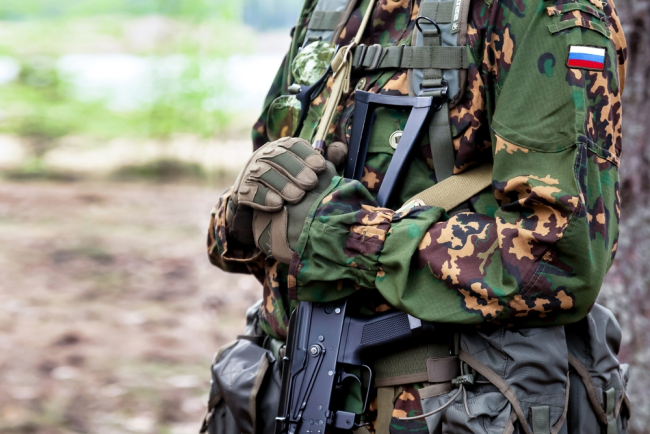Russian Energy Security and Foreign Policy

This book provides an original and thoroughly academic analysis of the link between Russian energy and foreign policies in Eurasia, as well as offering an interpretation of Russia's coherence on the international stage, seeking to understand Russia and explain its behaviour.
The authors analyse both energy and foreign policies together, in order to better grasp their correlation and gain deeper understanding of broader geopolitical issues in Eurasia at a time when things could go either way-towards producers or towards consumers. Questioning the concept of 'energy deterrence' which aims to fuel uncertainty in Russia's relations with its partners, as well as projecting its overall power on the international scene, this provocative volume seeks to stimulate debate on this very important issue.
Assessing the weight that energy has in Russia's foreign policy and in its pursuit of power on the international stage, this book will be of interest to students and scholars of international relations, energy politics, geopolitics and Russian and Central Asian Studies.
Adrian Dellecker is Research Assistant at the Russia/NIS Center (Ifri, Paris) and holds a Masters degree from the University of Sussex (UK). His current research focuses on Russian bilateral energy relations, particularly in Central Asia and the Caspian Sea region, as well as the EU-Russia energy dialogue.
Thomas Gomart is head of the Russian/NIS Center at Ifri (French Institute of International Relations, Paris), and the editor of the trilingual electronic collection Russie.Nei.Visions. He also teaches at the Military Academy of Saint-Cyr.

Contenu disponible en :
Régions et thématiques
Utilisation
Comment citer cette publicationPartager
Centres et programmes liés
Découvrez nos autres centres et programmes de rechercheEn savoir plus
Découvrir toutes nos analysesLa « Deathonomics » russe : coûts sociaux, politiques et économiques de la guerre en Ukraine
La présente Note analyse l’apparition d’un phénomène nouveau pour la société russe, désigné sous le terme d’« économie de la mort » (Deathonomics). Il s’agit de la formation, au cours des années de guerre en Ukraine, d’une force mercenaire venue compléter les systèmes soviétique (la conscription) et russe (l’armée professionnelle) au sein des forces armées. Vers la fin de l’année 2023, ce phénomène a conduit à faire du service militaire l’un des domaines d’activité les mieux rémunérés, ce qui n’avait pas été observé en Russie à une telle échelle depuis la fin du XVIIe siècle.
La politique russe de recrutement de combattants et d’ouvrières en Afrique subsaharienne
La guerre russo-ukrainienne, déclenchée le 24 février 2022, s’est rapidement internationalisée. La Russie et l’Ukraine se sont très vite efforcées de mobiliser leurs alliés afin d’obtenir un soutien politique et diplomatique, ainsi que des ressources militaires et économiques. Mais les deux belligérants ont aussi cherché à recruter des étrangers à titre privé pour soutenir leurs efforts de guerre respectifs. Cette politique est globale et s’étend de l’Amérique latine à l’Extrême-Orient. L’Afrique subsaharienne, dans ce panorama, présente un intérêt particulier car elle constitue un vivier de recrutement vaste et facilement accessible, en raison de taux de pauvreté élevés dans la plupart des pays de la zone conjugués à un important désir d’émigration.
Le Kazakhstan après le double choc de 2022. Conséquences politiques, économiques et militaires
L’année 2022 a été marquée par un double choc pour le Kazakhstan : en janvier, le pays a connu la plus grave crise politique depuis son indépendance, et en février, la Russie a lancé une invasion à grande échelle de l’Ukraine, remettant en question les frontières entre les pays post-soviétiques. Ces événements successifs ont eu un impact profond sur la politique intérieure et extérieure du Kazakhstan.
Russie - [URSS] - Russie
De Nicolas II à Vladimir Poutine, la Russie est passée, au cours du XXᵉ siècle, par bien des métamorphoses. À l'empire tsariste d'avant la Première Guerre mondiale succède l'Union des républiques socialistes soviétiques, l'URSS, dont la vocation révolutionnaire internationaliste exprimée par Lénine cède à l'impérialisme soviétique, continental avec Staline, mondial avec Khrouchtchev et Brejnev. Devenue une superpuissance après 1945, la « patrie du socialisme » ne peut résister à l'éclatement de l'empire qu'annonce la chute du mur de Berlin, en 1989 : en 1991, la Russie renaît donc sur les débris de l'empire, et, avec elle, une nouvelle page de l'histoire russe s'ouvre devant les yeux inquiets du monde. Mais en dépit de ses spécificités et des tensions diverses qui l'ébranlent, entre Nord et Sud, Orient et Occident, christianisme et islam, la Russie fédérale entend bien s'intégrer enfin dans la communauté des grands États et cesser d'être considérée comme un acteur à part des relations internationales.



